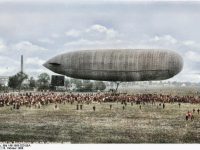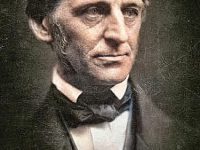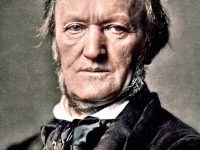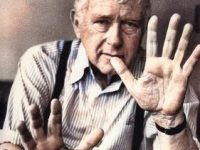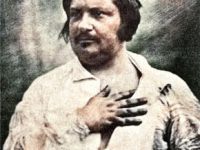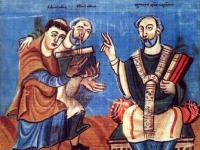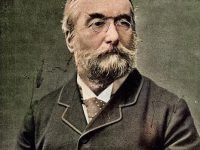August von Parseval and his Dirigible Airships
On May 26, 1906, German airship designer August von Parseval succeeded launching his new airship at Berlin Tegel military field. In contrast to his rival Zepellin, Parseval’s airships – also in honor of their inventor called Parsevals – were non-rigid or semi-rigid airships, with little or no stiffening structure inside the fabric envelope. Parseval Background Parseval was the first son of the Bavarian Councillor Joseph von Parseval (1825-1887) and his wife Marie Amélie, née…
Read more











